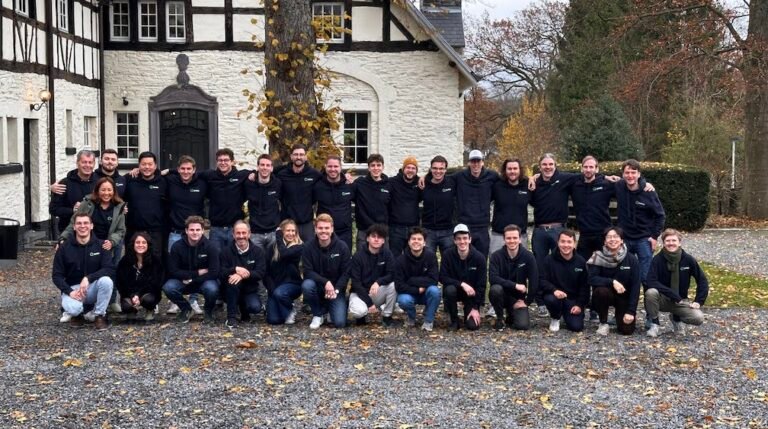
This partly explains why Belgium-based startup Qargo has now raised £11 million ($14 million) in a Series A round led by Balderton Capital.
With the logistics industry facing rising operating costs, decarbonization pressures, hikes in fuel prices and cyber attacks, companies in the space are in tricky times.
There is clear pressure to digitize the industry to introduce cost savings.
While the transport industry does use legacy software platforms like Mcleod Software, Rose Rocket and Dash Doc, many of these platforms are from an earlier era.
In a statement, Rob Moffat, partner at Balderton Capital, said, “Logistics is a $5T market globally but is often overlooked by software companies.

Building owners are often in the dark about their carbon pollution.
A new algorithm could shed light on itStarting this year, thousands of buildings in New York City will have to start reducing their carbon emissions.
There are plenty of tools out there that can convert an electric bill into estimated carbon emissions, but many are based on rough estimates.
It’s why Nzero, a carbon-tracking startup, developed a new algorithm, giving building owners reports that estimate carbon pollution down to the hour.
From there, the company’s software helps building owners identify upgrades and retrofits that will reduce emissions while also being the most cost effective.
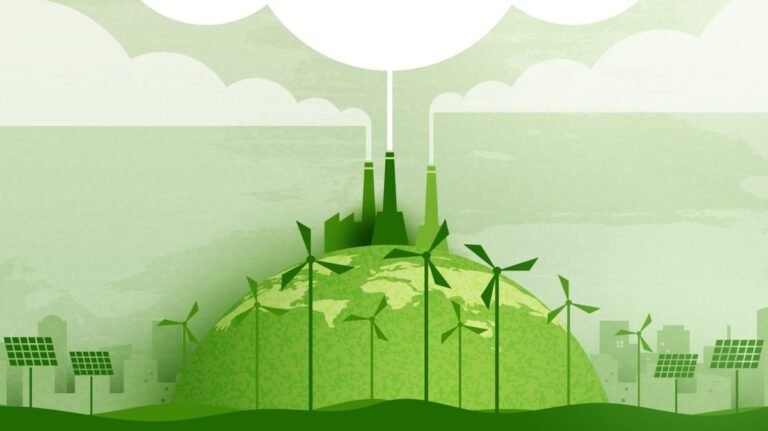
Plenty of major corporations have announced net-zero emissions targets.
Those are the companies Greenly has targeted.
It takes that information and, coupled with its own data and algorithms, calculates carbon emissions by category and scope for customers.
It came into the round with an advantage: it’s applying SaaS to climate tech, and SaaS a business model that’s well understood.
But it does suggest that venture investors are warming to climate tech more broadly, proving that there’s a market for businesses focused on sustainability.
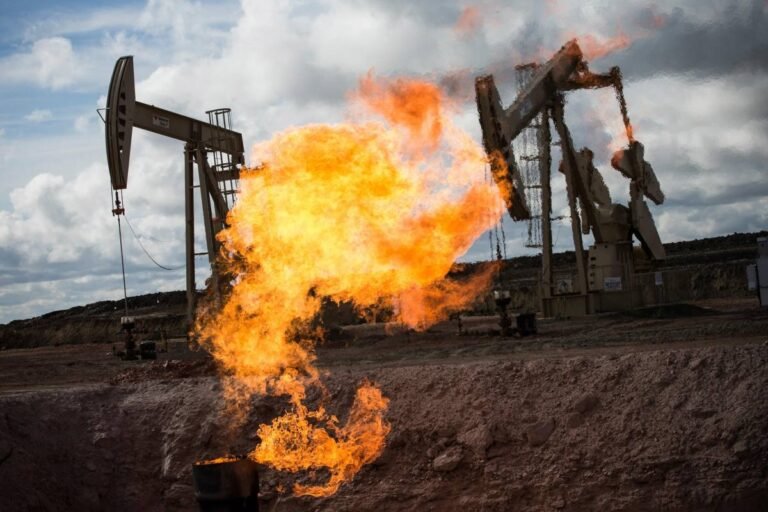
But then there’s methane, which has driven about 30% of climate change, according to the IEA.
Leaks are one of the main sources, both from aging natural gas infrastructure and oil and gas fields.
The company has been able to observe a significant portion of estimated oil and gas methane emissions in the U.S., the IEA said in a report released Wednesday.
Huppertz and co-founder Jack Angela have developed a suite of algorithms to detect methane emissions using freely available satellite data.
“And so making sure that methane and natural gas stays within infrastructure and does not leak into the atmosphere will always be a crucial point until the last drop of natural gas is used.”
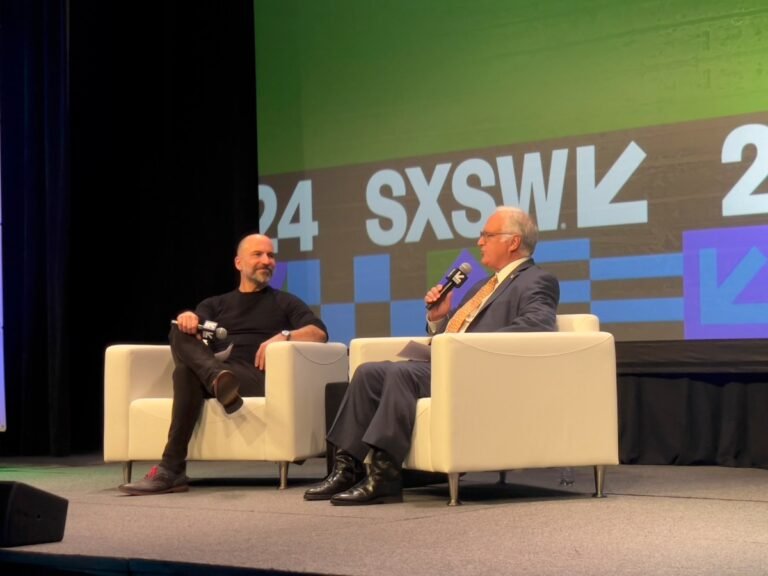
Uber CEO outlines plans for increasing driver EV access, reducing emissions at SXSW Dara Khosrowshahi explains his priorities for Uber now that it's achieved profitabilityUber’s future will be greener, more affordable, and able to challenge Amazon at its own rapid delivery game, CEO Dara Khosrowshahi predicted while on stage this week at SXSW.
To achieve that, Uber has to make it easier and cheaper for drivers to access electric vehicles.
Uber said emissions are calculated based on Uber Green and Uber Comfort Electric rides, and the amount of CO2 emissions avoided compared to UberX or Uber Comfort trips of the same distance.
Riders can go to their account section of the Uber app to access the “estimated CO2 saved” feature, which shows all the emissions saved by taking Uber Green and Uber Comfort electric rides.
Since then Uber has partnered with autonomous sidewalk delivery startups Cartken and Serve Robotics and robotaxi companies Waymo and Motional.

The SEC voted on Wednesday to require public companies to report a portion of their greenhouse gas emissions and their exposure to risks from climate change.
While the new rules do not apply to privately held companies like startups, they do create opportunities for those focused on the carbon tracking, accounting, and management space.
Some, like Amazon, Vanguard, Ralph Lauren, and Chevron, supported Scope 3 disclosures; already, many public and private companies voluntarily track those emissions.
In recent years, a number of startups have turned to AI to automate and improve Scope 3 estimates.
In adopting the new rules, the SEC is playing catch-up with other large economies, including China and the EU, which both have greenhouse gas reporting requirements.
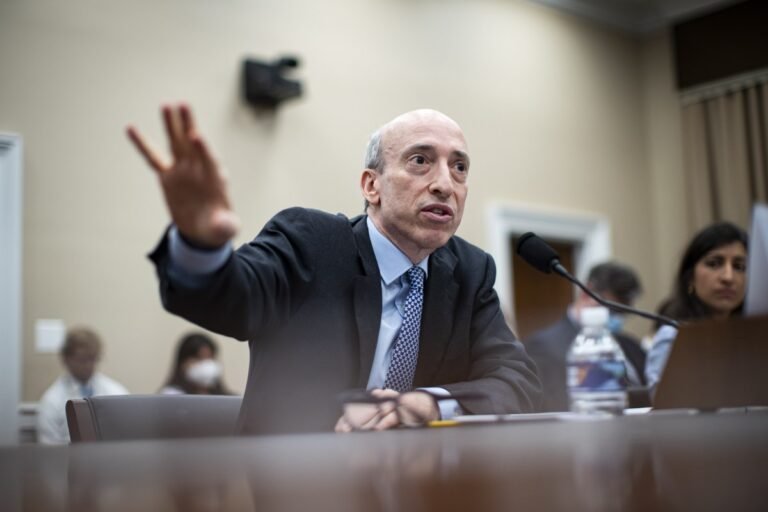
The bid would help inform investors about any climate- or energy transition-related risks publicly traded companies face.
And depending on how far the SEC takes the proposed climate disclosure rule, many of these startups stand to benefit.
Scope 3 emissions are the broadest category, and if the SEC would require their reporting, the effects would ripple far beyond just publicly traded companies.
Look for it to be one of the first climate tech companies to list publicly when the IPO window opens.
Enter Bend, a corporate spend startup that focuses not just on tracking expenses, but also carbon emissions.

However, awareness of the monetary and environmental benefits associated with carbon credits is low.
It was early, as no methodologies were available at the time to create carbon credits from agriculture.
However, the 34-year-old entrepreneur decided to start his venture once the methodologies started appearing in developed markets, including the U.S. and Europe.
Unlike nature-based credits, carbon credits from renewable energy projects are easy to measure and record and do not involve co-benefits to nature.
That said, the rigorous oversight helps bring high-quality carbon credits that can be sold globally.
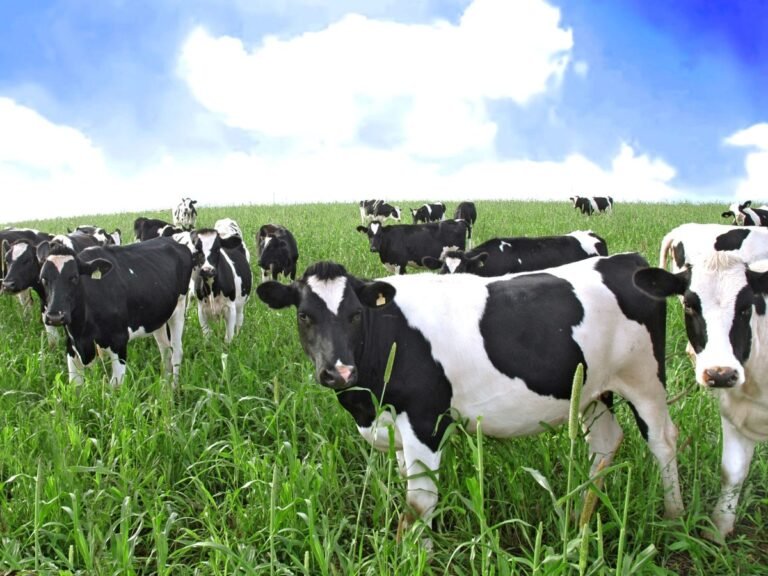
In the fight against Methane, a key GHG, Valley investors have hit upon an unusual target: Cow burpsWhat do iconic Valley investors Zachary Bogue and Chris Sacca have in common?
And one of the bigger issues at the most recent COP meeting was a pledge to reduce methane emissions, which are growing rapidly.
And a major UN report said “urgent steps” are necessary to reduce methane if global warming is to be kept within a manageable limit.
Mootral says its current Ruminant supplement can reduce methane emissions from dairy cows by up to 38 percent on commercial farms.
CH4 Global — which is backed by the aforementiioned Zachary Bogue of DCVC — employs seaweed in cow feed to reduce their methane emissions.
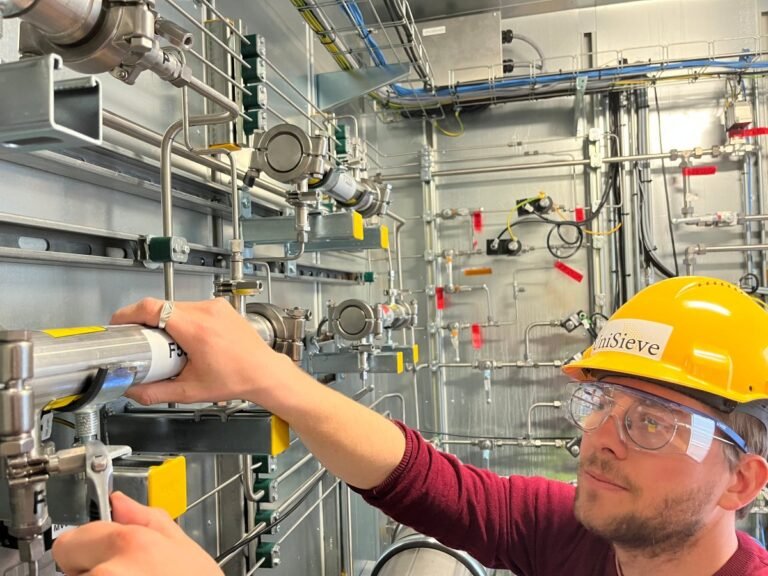
Some experts are cautiously optimistic about UniSieve’s technology, as it could potentially offer a cost-effective way to reduce pollution from industries like plastic manufacturing. If the tech can be successfully…













